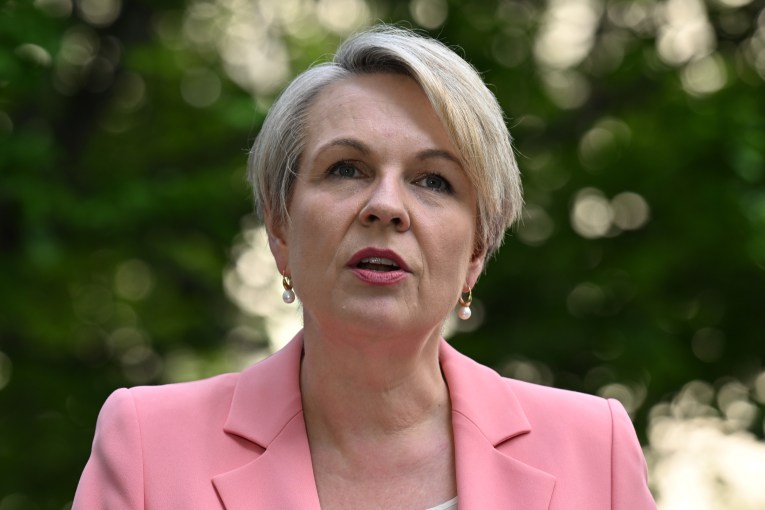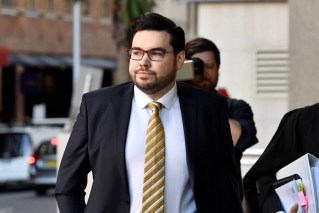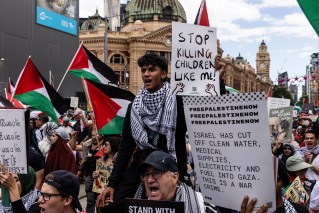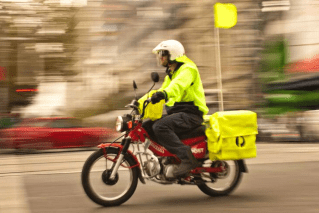RAAF gets green light for strikes
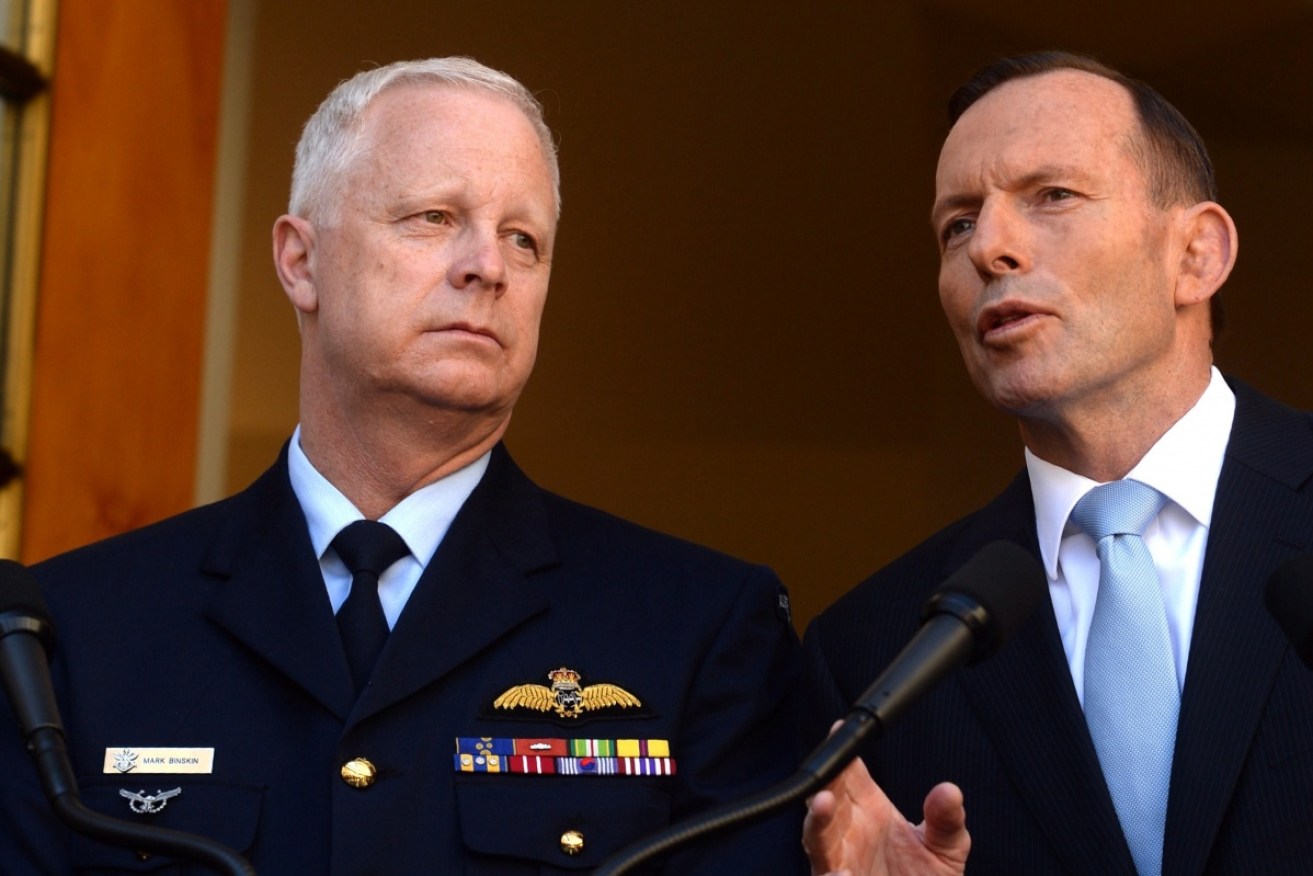
AAP
Australian military aircraft and special forces have been given the green light to fight Islamic State extremists in Iraq.
Federal cabinet has approved Super Hornets to start bombing raids against Islamic State extremists in coming days, supported by 400 RAAF personnel.
About 200 special forces members will train and advise Iraqi forces, but are awaiting final legal approval before deploying.
• RAAF starts support missions
• PM’s burqa comment slammed
It’s the first time since July 2009 that the Australian Defence Force has engaged in combat in Iraq.
However Prime Minister Tony Abbott declined to describe it as Australia declaring “war”, in stark contrast to the operation which began in 2003.
“I know that you’d love to have that headline, but it’s not strictly accurate,” Mr Abbott told reporters in Canberra on Friday.

Prime Minister Tony Abbott (R) and defence force chief Air Marshal Mark Binskin. Photo: AAP
The operations are in support of the legitimate government of Iraq against an insurgency, he said.
“It is a combat deployment, but it is an essentially humanitarian mission to protect the people of Iraq and ultimately the people of Australia from the murderous rage of the ISIL death cult.
“ISIL must be disrupted and degraded at home and abroad, so it is absolutely in Australia’s national interests that this mission go ahead.”
Mr Abbott, who previously estimated the cost at $250 million for every six months of operations, warned it would take months rather than weeks.
“But not a day longer than is absolutely necessary.”
The RAAF will deploy six Super Hornets, a Wedgetail surveillance aircraft and a refueller.
“The team is well trained, they’re well equipped, they’re well prepared,” Chief of the Defence Force Air Chief Marshal Mark Binskin said.
“We’re ready to get on with the job.”
Mr Abbott said the aim was to help Iraqi security forces restore government control over its towns and cities.
Opposition Leader Bill Shorten, who was briefed on the cabinet decision, said Labor supported the mission.
“In the face of evil, nations of good conscience do have a responsibility to act,” he said.
But he recognised military action alone would not “drain the swamp of terrorism”.
This could only come through the nations of the Middle East working together to restore peace and stability and for the government of Iraq to be more representative of its people.
Australia should also commit to taking in more immigrants displaced by the extremists.
Greens leader Christine Milne said the operation would make Australia a greater target for terrorists and a more attractive recruiting ground.
“Why would we not be better served by a strategy to combat extremism with inclusion at home, whilst supporting global efforts to cut off financial and personnel support to ISIL?” Senator Milne said.
COSTS AND RISKS:
* Budget cost of about $250 million every six months of operations
* Aircraft greatest risk comes from IS small arms, anti-aircraft fire, portable surface to air missiles
* Special forces risk comes from small arms and roadside bombs
* Ability to call off, or “red card”, air strikes if not satisfied target has been clearly identified
* Civilian casualties to be minimised.
AAP
